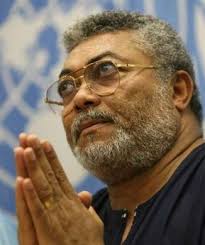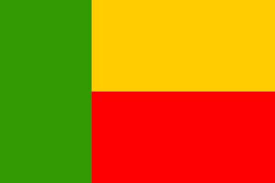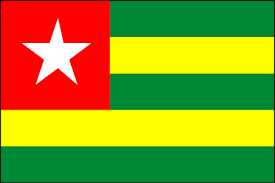Lagos was a Yoruba settlement of Awori people initially called Oko. The Yoruba still use the name Eko when they speak of 'Lagos', a name which never existed in Yoruba language. It is likely that the name 'Lagos' was given to the town by the first Portuguese settlers who navigated from a coastal town of the same name in Portugal. The present day Lagos state has a higher percent of Awori, who migrated to the area from Isheri along the Ogun river. Throughout history, it was home to a number of warring ethnic groups who had settled in the area. During its early settlement, it also saw periods of rule by the Kingdom of Benin
Portuguese explorer Rui de Sequeira visited the area in 1472, naming the area around the city Lago de Curamo; indeed the present name is Portuguese for "lakes". Another explanation is that Lagos was named for Lagos, Portugal - a maritime town which at the time was the main centre of the Portuguese expeditions down the African coast and whose own name is derived from the Latin word Lacobriga.
From 1404-1889 it served as a major centre of the slave trade, ruled over by Yoruba kings called the Oba of Lagos. In 1841 Oba Akitoye ascended to the throne of Lagos and tried to ban slave trading. Lagos merchants, most notably Madam Tinubu, resisted the ban, deposed the king and installed her brother Oba Kosoko.
While exiled, Oba Akitoye met with the British, who had banned slave trading in 1807, and got their support to regain his throne. In 1851 he was reinstalled as the Oba of Lagos.
Lagos was formally annexed as a British colony in 1861. This had the dual effect of crushing the slave trade and establishing British control over palm and other trades
The remainder of modern-day Nigeria was seized in 1887, and when the Colony and Protectorate of Nigeria was established in 1914, Lagos was declared its capital. It continued to be the capital when Nigeria gained its independence from Britain in 1960.
Lagos experienced rapid growth throughout the 1960s and 1970s as a result of Nigeria's economic boom prior to the Nigerian Civil War otherwise called the Biafran War. Lagos was the capital of Nigeria from 1914 up to 1991; it was stripped of it status when the Federal Capital Territory was established at the purpose-built city of Abuja. However, most government functions (especially the head of state) stayed in Lagos for a time since Abuja was still under construction. On November 14, 1991, the Office of the Presidency and other federal government ministries were finally relocated to the new Capital city of Abuja
Unfortunately in 2002, an accidental detonation of military explosives caused the death of more than 1100 people
source wikipedia
 A young man who dreamed of changing the world and making something of himself set out on a journey from his parents' home in Mint Hill to a faraway country on the west coast of Africa.
A young man who dreamed of changing the world and making something of himself set out on a journey from his parents' home in Mint Hill to a faraway country on the west coast of Africa. He said goodbye to his family and flew to Benin in July 2007.
He said goodbye to his family and flew to Benin in July 2007.

 9 February 2010 –
9 February 2010 – 





 Depuis quelque temps, dans le plus pur style de l’automystification dans laquelle excellent
Depuis quelque temps, dans le plus pur style de l’automystification dans laquelle excellent 

Les commentaires récents